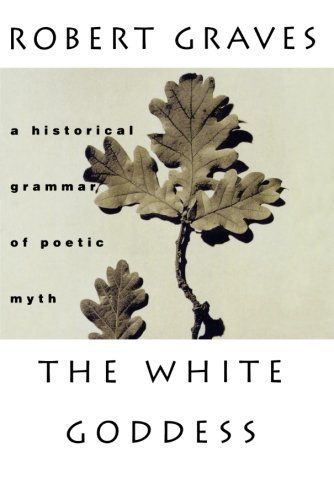
The White Goddess A Historical Grammar of Poetic Myth
The White Goddess is perhaps the finest of Robert Graves's works on the psychological and mythological sources of poetry. In this tapestry of poetic and religious scholarship, Graves explores the stories behind the earliest of European deities—the White Goddess of Birth, Love, and Death—who was worshipped under countless titles. He also uncovers the obscure and mysterious power of "pure poetry" and its peculiar and mythic language.
Reviews
Daryl Houston@dllh
Asher Black@asherblack